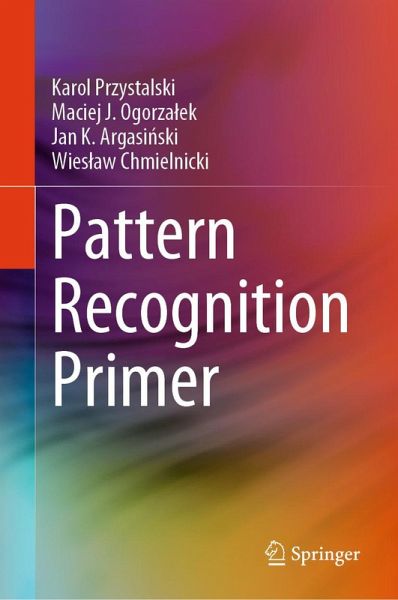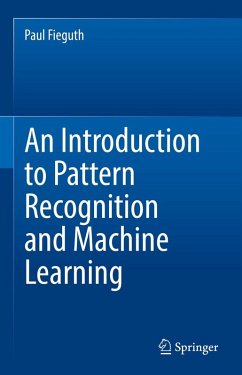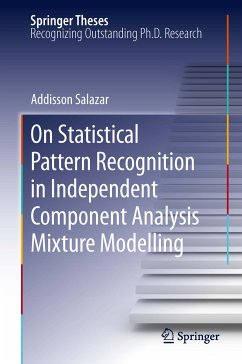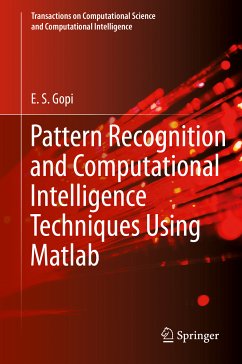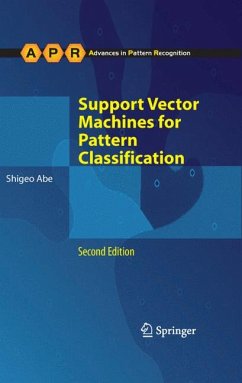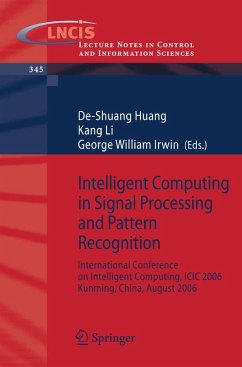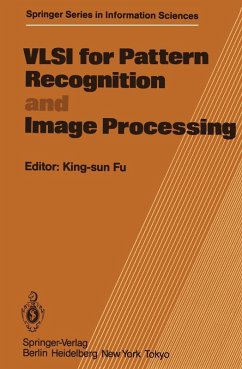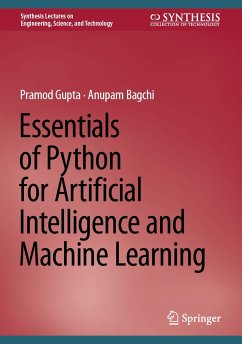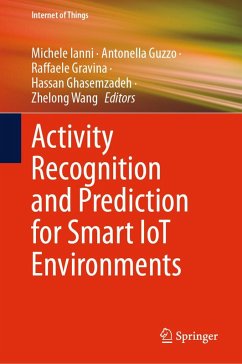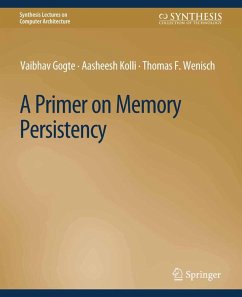Dr. Karol Przystalski obtained a PhD degree in Computer Science in 2017 at the Jagiellonian University in Cracow, Poland. He used to be the CTO and founder of Codete, an Exadel company. He is working with Fortune 500 companies on data science projects. Currently responsible for innovation at Exadel. He gives speeches and training in data science with a focus on applied machine learning in German, Polish, and English. He has been a lecturer at the Jagiellonian University in Cracow since 2010. He has been invited as a reviewer in the Expert Systems with Applications journal. His areas of research interest are medical imaging analysis, artificial intelligence, machine learning, deep learning, machine learning security, pattern recognition, and image processing.
He held a degree in computer science and specialized in various aspects of object recognition methods, particularly feature selection techniques, classifiers based on discriminant analysis, and support vector machine classifiers. He also conducted research on classifier fusion methods, especially in the context of multiclass problems. His interests further extended to human-computer interaction systems, with a particular focus on gesture recognition-based systems. He was awarded a Doctor of Technical Sciences degree for his dissertation Efficient Feature Selection Methods and Multiclass Problem Solving in Supervised Data Classification at the Institute of Fundamental Technological Research, Polish Academy of Sciences, in 2013.
Maciej J. Ogorzalek is Honorary Professor and Head of the Department of Information Technologies, Jagiellonian University Krakow, Poland - the oldest (1364) and most prestigious higher education institution in the country. He held many visiting positions in Denmark, Switzerland, Germany, Spain, Japan, Hong Kong. 2006-2009 he held the Chair of Biosignals and Systems, Hong Kong Polytechnic University under the Distinguished Scholars Scheme. In 2019 visiting professor at the Integrated Systems Lab. Swiss Federal Institute of Technology Lausanne, honorary guest professor Kyoto University, in 2023 Guest professor under Top Global University Project Waseda University, Tokio Japan. His research interests include nonlinear circuits and systems, biomedical signal processing, analysis and design of next generation 3D integrated circuits, Machine learning and AI application. Author or co-author of over 380 technical papers published in journals, book chapters and conference proceedings, author of the book Chaos and Complexity in Nonlinear Electronic Circuits (World Scientific, 1997). He served as Editor-in-Chief of the Circuits and Systems Magazine 2004-2007, Associate Editor for the IEEE Transactions on Circuits and Systems Part I, 1993-1995 and 1999-2001, he was elected Member of the Editorial Board Proceedings of the IEEE 2004-2009. He also served on the Editorial Boards of the Journal of the Franklin Institute, the International Journal of Circuit Theory and Applications and Editorial Board of the NOLTA Journal (Japan).
Dr. Ogorzalek is an IEEE Life-Fellow. He served the IEEE Circuits and Systems Society including 2008 Society President. He was CAS Society Distinguished Lecturer (2004-2005) and received the 2002 Guillemin-Cauer Award and IEEE-CAS Golden Jubilee Award. He received the IEEE CAS Distinguished Service Award and the Medal of National Education (Poland). He has been among organisers of several conferences, including ECCTD, NOLTA, ISCAS, IEEE COC, ESSCIR. He was elected IEEE Division 1 Director, Member of the IEEE Board of Directors 2016-2017. He was elected Ordinary Member of the Polish Academy of Sciences and Chair of the Engineering Section/Member of Academia Europaea.
Dr. Jan K. Argasinski Assistant Professor at the Department of Human-Centered Artificial Intelligence, Institute of Applied Computer Science, Jagiellonian University in Kraków, Poland. Research team leader of the Computational Neuroscience Group at Sano - Centre for Computational Personalised Medicine, an International Research Foundation. His research interests include computational neuroscience, neuromorphic computing, affective computing, and VR/AR/XR technologies
